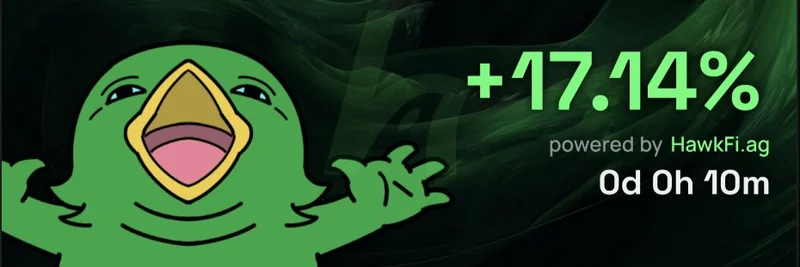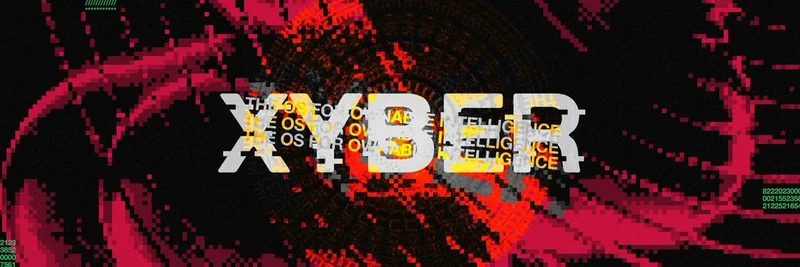In the fast-paced world of cryptocurrency, where meme tokens can skyrocket or crash in hours, a recent decision by Hyperliquid has stirred up quite the conversation. Hyperliquid, a leading decentralized perpetual futures exchange built on its own high-performance blockchain, recently listed the YZY token for trading with leverage. But not everyone is thrilled about it, as highlighted by a pointed tweet from crypto builder and trader Nico (@nicodotfun).
Nico's tweet reads: "Theres about 10 tokens i would list on hyperliquid before YZY on day 1. strange decisions from HL team here." This succinct critique questions why the Hyperliquid (HL) team prioritized YZY, a meme token associated with rapper Kanye West (now known as Ye), over other potentially more established or promising assets right from the get-go.
For those new to the scene, let's break it down. Hyperliquid specializes in perpetual contracts—essentially, these are futures contracts that don't expire, allowing traders to bet on price movements with leverage (borrowed funds to amplify gains or losses). Listing a token like YZY means users can now long (bet on price increase) or short (bet on decrease) it with up to 3x leverage initially, though some reports suggest it could go higher. The platform warned of low liquidity and high volatility, which is crypto-speak for "this could get wild, proceed with caution."
YZY itself is a Solana-based meme token launched amid buzz around Kanye West. It exploded to a $3 billion market cap shortly after launch but then plummeted, amid allegations of insider trading. According to on-chain data from firms like Spot On Chain, some wallets bought in early at low prices and sold for millions in profits, raising eyebrows about fairness. Despite the drama, exchanges like Hyperliquid and MEXC jumped on board, listing it swiftly—Hyperliquid did so by community request, racking up over $12 million in trading volume and $6.5 million in open interest in the first day alone.
Why the controversy? Nico isn't alone in his skepticism. In the crypto community, listing decisions can signal a platform's priorities. Hyperliquid has built a reputation for handling high-volume trades, with billions in weekly volume and a native token HYPE that's climbed the ranks. Critics argue that prioritizing a volatile meme like YZY—tied to a celebrity with a history of unpredictable moves—over other tokens might expose traders to unnecessary risks. For instance, one trader on Hyperliquid reportedly made $202,000 shorting YZY with leverage, while others faced liquidations (forced closures of positions due to losses).
On the flip side, supporters see it as a smart move to capture market hype. Meme tokens like YZY thrive on virality, and listing them early can drive massive traffic and fees for the exchange. Hyperliquid's official X account emphasized the community-driven aspect, noting the risks but enabling trading anyway. This aligns with the broader trend in DeFi (decentralized finance), where platforms compete to offer the hottest assets first.
Looking at the bigger picture, this event underscores the Wild West nature of meme coin trading. Tokens like YZY can create overnight millionaires but also lead to rug pulls (when developers abandon a project, tanking the price) or pump-and-dump schemes. For blockchain practitioners, it's a reminder to do your due diligence—check on-chain activity, community sentiment, and platform warnings before diving in.
As the dust settles, keep an eye on Hyperliquid's next moves. Will they list those "10 better tokens" Nico mentioned? Or continue chasing meme mania? In the meantime, if you're trading YZY or similar, remember: leverage is a double-edged sword. Trade smart, and stay informed through resources like CoinMarketCap for live prices or CoinGecko for volatility insights.
What do you think—smart business or strange decision? Drop your thoughts in the comments below, and follow Meme Insider for more breakdowns on the latest in meme tokens and blockchain tech.



